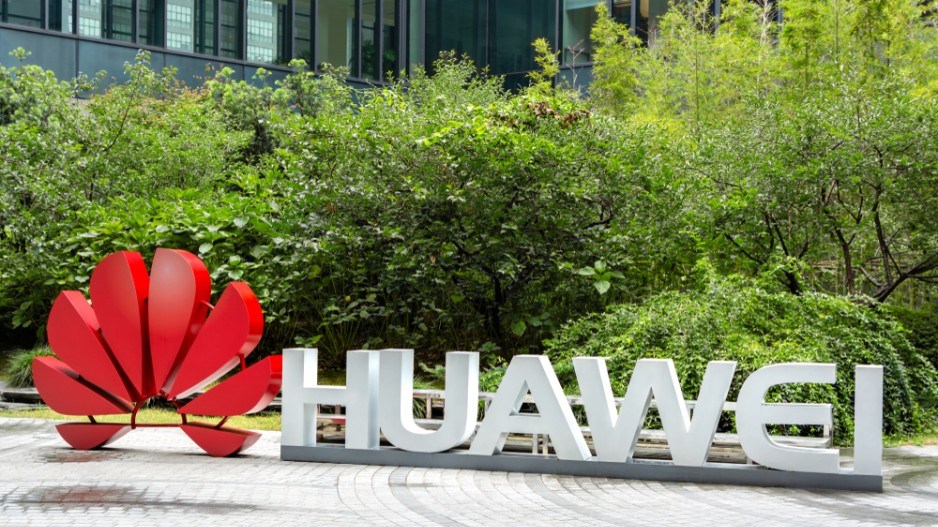The diplomatic spat between Ottawa and Beijing over the arrest of Huawei Technologies Co. Ltd. CFO Meng Wanzhou has caused a significant number of Canadian companies to cancel or postpone their plans for the Chinese market.
That is the finding of a report released Monday by the Canada China Business Council, which interviewed 226 Canadian companies and 28 Chinese firms on their business activities and plans in each other’s markets. According to Canadian respondents, 18% said they’ve cancelled or postponed contracts or investment plans since “recent bilateral political and legal tensions” starting Dec. 1, 2018 - the date of Meng’s arrest at Vancouver International Airport.
The CCBC report did not mention Meng or Huawei by name, but noted that “the current political and judicial tensions between Canada and China appear to have extended into bilateral business relationships in the form of postponements, delays or cancellations.”
The report also found that demand in both Canada and China for products made in each other’s markets has shrunk: About 20% of Canadian companies in the report said they’ve seen a drop in Chinese demand for their goods, while about 14% of Chinese firms reported the same phenomenon in Canada.
Other findings include the fact that 48% - almost half - of Canadian respondents having postponed or cancelled (or plan to do so) travel plans to China. Also, while most Canadian firms who saw Chinese demand for their goods drop reported decreases of 20-80%, one respondent said demand for its products have practically disappeared, falling 95% as Chinese consumers in their sector are “not interested in buying or putting money in Canada.”
As many as 52% of respondents said they have altered their business plans after Dec. 1 in some fashion, the report also found.
“Based on the survey, CCBC concludes that it is imperative that both governments need to be more sensitive to the negative impact the dispute is having on businesses whose operations are unrelated to current political and legal issues,” the report said. “… [But] the survey shows that Canadian companies operating in China are pro table and are growing and planning to expand, despite the current political situation.”
The Meng arrest (in response to a U.S. extradition request) has sparked an escalating wave of apparent retaliatory measures from Beijing, starting with the arrest of two Canadian citizens in China and expanding to recent revocation of the import permits for two major Canadian canola exporters.
The rapidly deteriorating relationship has led to many trade officials in Canada to urge local businesses to diversify exports away from China - Canada’s second-largest trade partner, although business executives in various sectors have expressed that the Chinese market (given its size and growth rate) may be impossible to replace for Canadian exports.
The full report can be read at https://ccbc.com/wp-content/uploads/2019/05/CCBC_Canada-China-Business-Survey-2018-2019-1.pdf.
Meng is scheduled for her next extradition hearing appearance in Vancouver on Wednesday.




